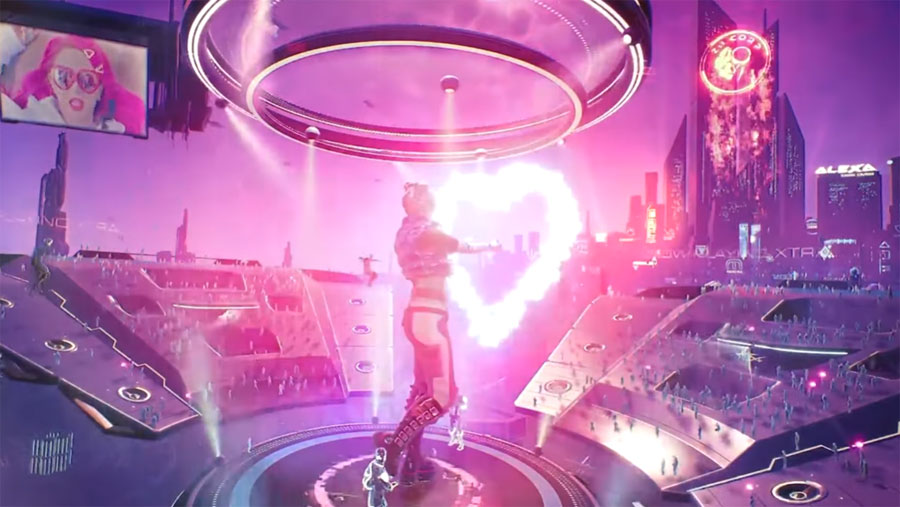 BLOCKCHAIN
BLOCKCHAIN
 BLOCKCHAIN
BLOCKCHAIN
 BLOCKCHAIN
BLOCKCHAIN
Virtual world simulation startup Improbable Ltd. said today it has raised $150 million in new funding to establish a new project that will allow businesses to build distributed blockchain-enabled virtual worlds called M2.
Pronounced “MSquared,” the new technology allows brands and creators to create their own interoperable metaverse products that seamlessly interconnect virtual worlds. It will support Web3 capabilities, which use blockchains to allow the creation of distributed applications and token economies on what is called the decentralized web.
The funding round was led by Andreessen Horowitz and SoftBank Vision Fund 2 with participation from a number of Web3 and blockchain investors, including Ethereal Ventures, Mirana Ventures, SIG and CMT Digital.
Founded in 2012, Improbable is best known for developing SpatialOS, a virtual-world operating system designed to provide complex simulations. In 2017, investors poured $502 million into the company and have raised more than $750 million to date, including this funding round.
The company released the new technology, known as Morpheus, last year. It can support more than 10,000 users in a single virtual space. For comparison, “Fortnite” and “Call of Duty: Modern Warfare” game maps can handle only 100 players maximum, and other games are even smaller.
With the capability of pulling together a vast number of people into a single virtual world, the M2 network will combine Morpheus technology and Web3 digital assets in order to simulate large-scale events such as games, sports, fashion events and concerts. Using blockchain technology, users will be able to purchase, own and trade digital currency, tickets, virtual items, avatars and memorabilia.
“We founded Improbable to make real the promise of incredible online worlds that were more than just games – they were extensions of our lives,” said Herman Narula, chief executive of Improbable. “I believe the metaverse and Web3 movement, though very early, represent a once-in-a-generation redefinition of our society toward a ‘fulfillment economy.’”
In the past year, the metaverse has become a business buzzword driven by an interest in virtual worlds and virtual reality technology. One of the most prominent examples has been Facebook’s rebrand to Meta, which included a shift toward virtual world-building and metaverse products.
The combination of Web3 technologies, such as blockchain, also adds the ability to use nonfungible tokens to create virtual world economies where players can own, buy and trade the virtual items. However, this has become a fraught issue, especially among video gamers where NFTs are seen as scams and cash grabs. In spite of that, the NFT market has seen a massive market reaching $41 billion in 2021, according to a report from Chainalysis.
As more companies look to build in the metaverse, they will require the tools to build and support virtual worlds. Those spaces will need to be able not only to recreate venues such as concert halls with high fidelity but also to support thousands of users at once so that they can be part of an immersive social experience that best represents what it would be like if they were in a real-world setting.
According to research from Bloomberg Intelligence, the metaverse may become a $800 billion market by 2024 after reaching $500 billion in 2020. In part, what could put it over the top is a profound interest in entertainment, gaming and live events – all of which benefit greatly from immersive social experiences that metaverse products can provide.
THANK YOU